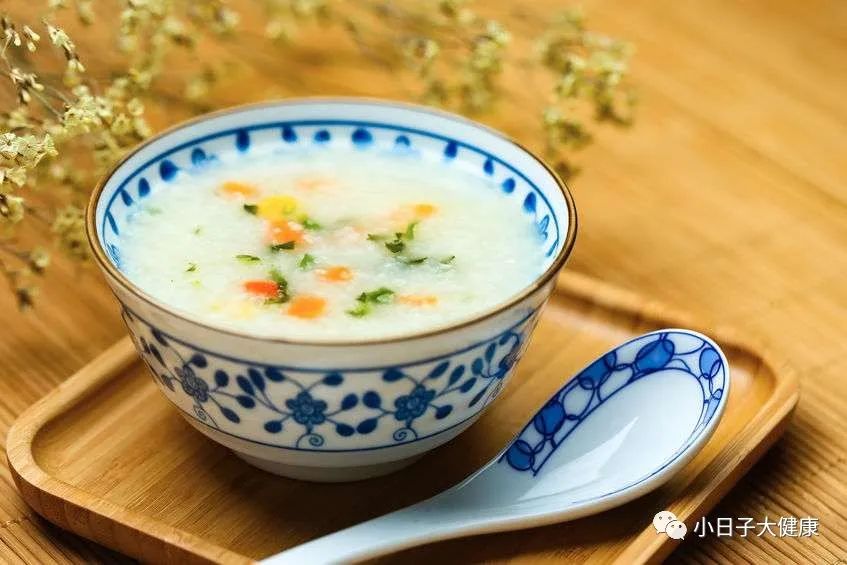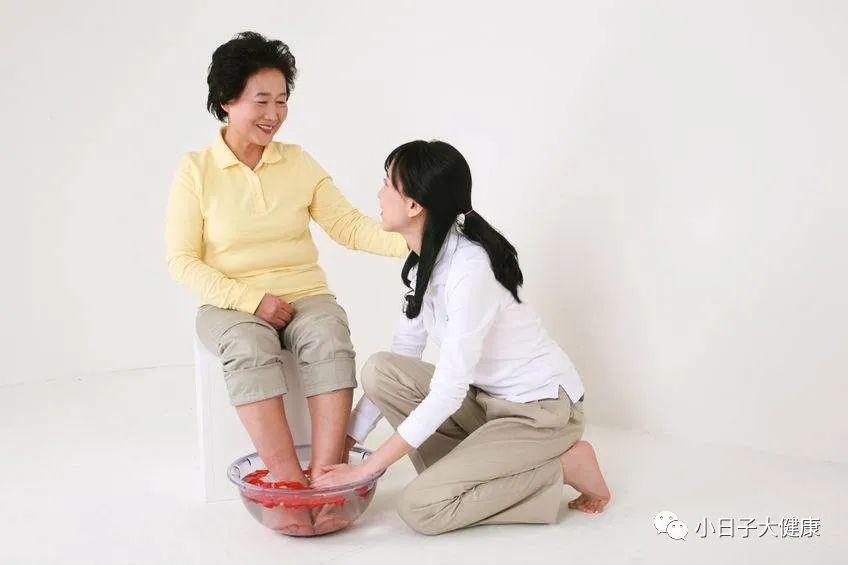The spleen (pi) is the largest lymphatic organ in the human body, playing a crucial role in filtering and storing blood.
Although the spleen’s functions are powerful, it is soft and fragile; once subjected to strong external forces or certain internal factors, it may undergo pathological changes, which can be life-threatening in severe cases.
The stomach (wei) is the expanded part of the esophagus, connecting the esophagus and the small intestine at both ends, serving as a storage and processing facility for food, as well as the primary organ for digestion.
If both of these organs undergo pathological changes, the impact on the body can be significant, such as in the case of spleen and stomach deficiency cold (pi wei xu han).

Spleen and stomach deficiency cold refers to the disharmony of the spleen and stomach, accompanied by symptoms of yang deficiency and excessive yin cold in the body.
This condition includes spleen yang deficiency (pi yang xu) and stomach yang deficiency (wei yang xu), primarily caused by factors such as improper diet, excessive fatigue, excessive worry, and chronic illness.
Symptoms of spleen yang deficiency are more pronounced, including abdominal distension, loose stools, edema in the limbs, aversion to cold, abnormal leukorrhea, and a white tongue coating.
Stomach yang deficiency is more susceptible to the influence of weather and food, leading to symptoms such as increased salivation, fatigue of the spirit, and stomach pain when hungry.

If the body exhibits these symptoms, timely regulation is recommended. So how can one regulate spleen and stomach deficiency cold?
1. Drink Congee in Moderation
Individuals with spleen and stomach deficiency cold often exhibit low digestive function; therefore, it is best to focus on a diet that is easy to digest and low in stimulation, with warm, thin congee being a good choice.
Thin congee is soft and moist, allowing for quick digestion without burdening the stomach and intestines.
It is important to note that while thin congee can nourish the spleen and stomach, it should not be consumed excessively or for prolonged periods.
This is because the nutritional components of thin congee are limited, and long-term consumption may lead to malnutrition. Additionally, excessive consumption can burden the stomach and intestines, hindering the body’s regulation.

2. Foot Soaking
The soles of the feet contain many acupoints, including reflex zones corresponding to the spleen and stomach. Soaking the feet before bed can stimulate these reflex zones through temperature, helping to keep the spleen and stomach warm, which is beneficial for improving spleen and stomach deficiency cold.
Moreover, foot soaking can also promote blood circulation, significantly alleviating fatigue caused by spleen and stomach deficiency cold.

3. Cupping, Massage, and Acupuncture
Acupoint massage and cupping can effectively regulate spleen and stomach deficiency cold. Spleen deficiency inevitably leads to excessive dampness in the body, and cupping can remove dampness and eliminate toxins, thereby achieving the goal of invigorating blood circulation.
Additionally, massaging the sides of the spine can also assist in improving spleen and stomach deficiency cold.
This is because the sides of the spine are traversed by the Du Meridian (Du Mai) and the Bladder Meridian of the Foot Taiyang (Zu Taiyang Pangguang Jing), and massaging this area benefits blood circulation to the spleen and stomach, naturally improving spleen and stomach deficiency cold.
Furthermore, acupuncture is also a method to raise yang; using moxa on the Xin Que Acupoint (Xin Que Xue) with 3 or 5-year-old mugwort can also help regulate spleen yang deficiency.

4. Moderate Exercise
Moderate exercise is beneficial for the body and poses no harm; lack of exercise can lead to the accumulation of dampness in the body, exacerbating the coldness in the stomach and spleen. Over time, this can result in a series of discomforts caused by spleen and stomach deficiency cold, such as drowsiness and loss of appetite.
Engaging in moderate outdoor exercise can not only detoxify and beautify but also increase yang energy and immunity, which is very friendly to the spleen and stomach.

It is evident that spleen and stomach deficiency cold can cause significant harm to the body. Therefore, once symptoms appear, it is advisable to seek medical attention and undertake proper care.
Generally, for mild symptoms, following the above points can effectively alleviate discomfort caused by spleen and stomach deficiency cold. However, for more severe symptoms, medication may be necessary.
Regardless of the method of regulation, patients should not feel overly burdened psychologically; with active treatment and care, spleen and stomach deficiency cold can be effectively controlled.

